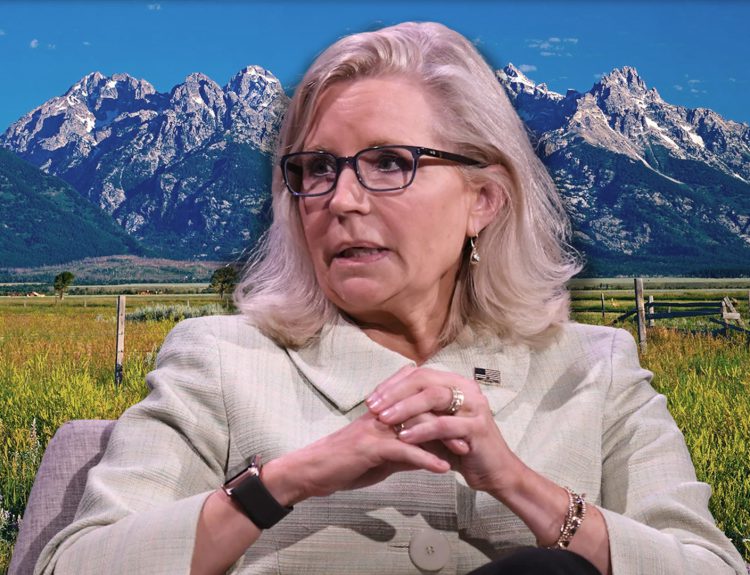Los Angeles is exploring a progressive new policy to fund affordable housing initiatives: a mansion tax on high-value properties. The policy would levy an additional tax on residential properties valued at over $5 million, generating revenue explicitly earmarked for affordable housing programs and homeless services.
While proponents argue this policy would raise substantial funds from those most able to contribute in one of the nation’s least affordable housing markets, critics counter that it may drive wealthy residents and businesses out of the city or discourage new investment.
What Is Los Angeles’ Mansion Tax?
Measure ULA or Los Angeles’ mansion tax, is a transfer tax levied on real estate transactions exceeding $5 million. Passed by ballot initiative in November 2022, the Measure aims to generate funds for affordable housing and homelessness prevention efforts.

The mansion tax charges a sliding-scale fee on property sales over $5 million in Los Angeles. The tax rate ranges from 4% for sales between $5 million and $10 million to 5.5% for sales over $30 million. The revenue generated from the tax funds affordable housing projects.
Controversy and Criticism of the Mansion Tax
While proponents argue the tax will provide much-needed funds for the city’s housing crisis, critics claim the tax hampers high-end real estate transactions and new development.
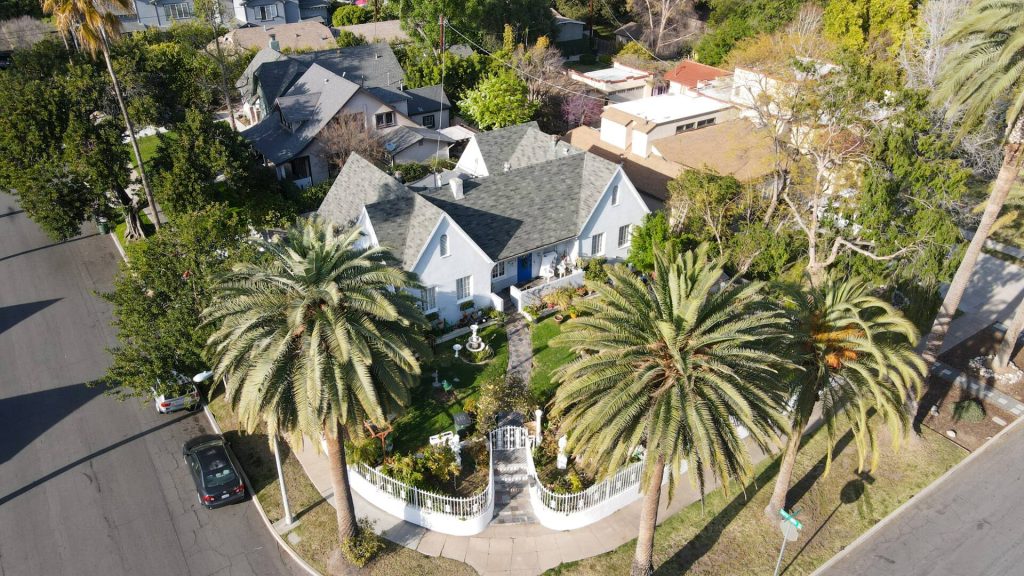
However, since the tax took effect in April 2023, monthly sales of over $5 million have rebounded, generating close to $14 million in revenue. Advocates maintain that once the market adjusts and legal challenges are resolved, the tax will prove instrumental in addressing housing insecurity.
Goals of the Mansion Tax for Affordable Housing
The mansion tax aims to generate funds for affordable housing initiatives in Los Angeles. The city hopes to raise hundreds of millions of dollars annually for housing programs by levying a tax on high-value property transactions.
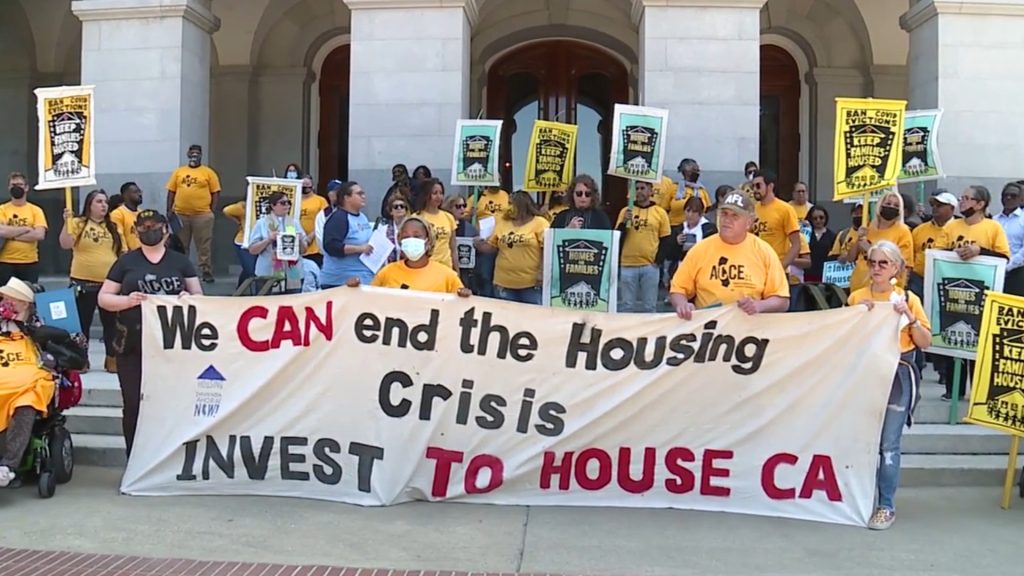
According to estimates, the tax could generate $900 million annually for the city to invest in affordable housing and homelessness prevention. The funds would be split, with 70% allocated for affordable housing production and 30% for services preventing homelessness like rent subsidies, legal aid, and case management.
Increase Affordable Housing Supply
The mansion tax revenue would allow the city to invest majorly in affordable housing development and preservation. The funds could be used to acquire and rehabilitate existing buildings and provide gap financing for new affordable housing projects.
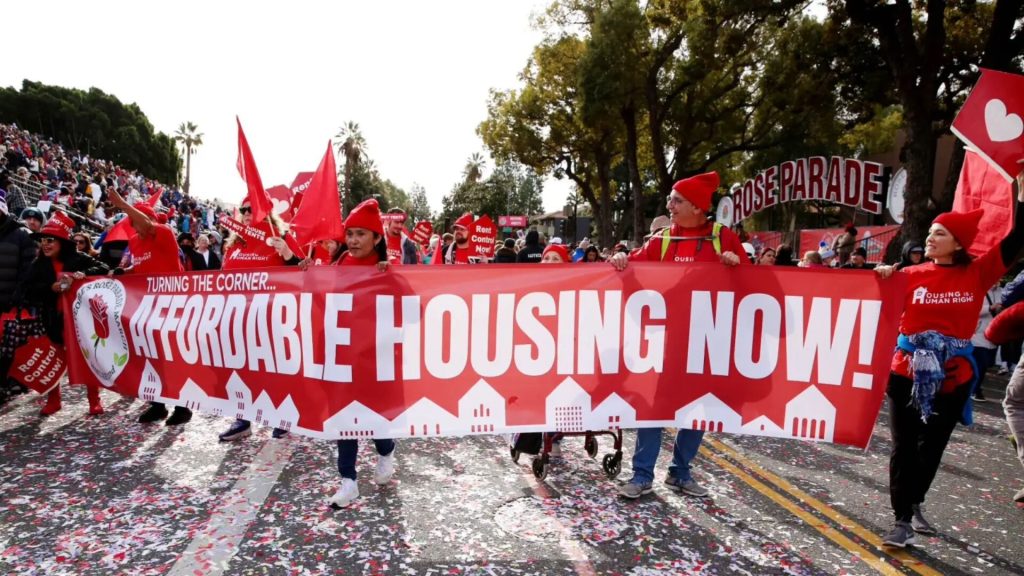
In addition to boosting the affordable housing supply, the mansion tax aims to provide resources for homelessness prevention and tenant protection. Some funds would offer emergency rental assistance, legal counsel, and other aid for residents at risk of losing their homes or experiencing homelessness.
What Types of Properties the Tax Applies To
While the Measure is colloquially called a “mansion tax,” it applies to a range of high-value properties, not just single-family mansions. The tax applies to sales of residential properties, including single-family homes, condominiums, and multifamily apartment buildings.
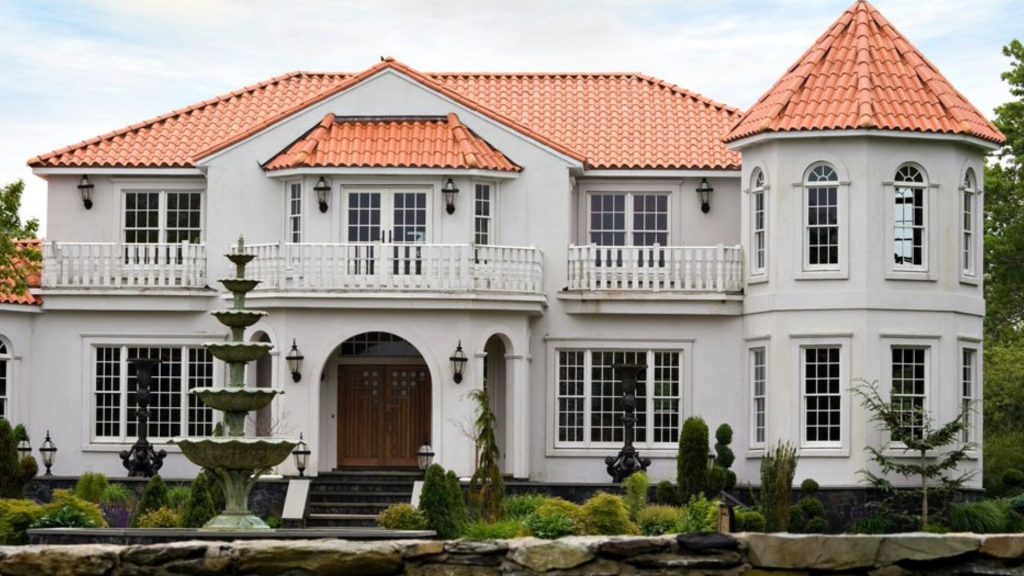
There are certain exemptions and exceptions to the mansion tax. Property transferred between spouses or domestic partners and inherited property are exempt. Property used for public or charitable purposes may also be exempt.
Reactions From Luxury Home Sellers and Buyers
The controversial mansion tax has elicited mixed reactions from Los Angeles luxury home sellers and buyers. Real estate experts say the transfer tax on residential properties over $5 million has deterred some high-net-worth individuals.

Due to the substantial tax burden, luxury home sellers have expressed reluctance to put their properties on the market. Aaron Kirman, founder and CEO of AKG at Christie’s International Real Estate, stated, “I’ve had many sellers say that they simply cannot afford to or do not want to sell their home as long as this measure ULA is in place.”
Deterrence of Buyers
Given the increased costs from the mansion tax, affluent homebuyers have also been deterred from purchasing high-end real estate in Los Angeles. Kirman noted, “I’ve had many buyers say that they’re no longer interested in buying in LA.”

While proponents argue the tax will fund affordable housing, critics counter that it hinders new multifamily housing construction, which could help address housing shortages.
Concerns on Impact to Multifamily Housing Development
Concerns have been raised that the mansion tax may negatively impact multifamily housing development in Los Angeles. According to experts, the additional tax cost can make it more difficult for developers to obtain bank financing to fund new apartment projects.
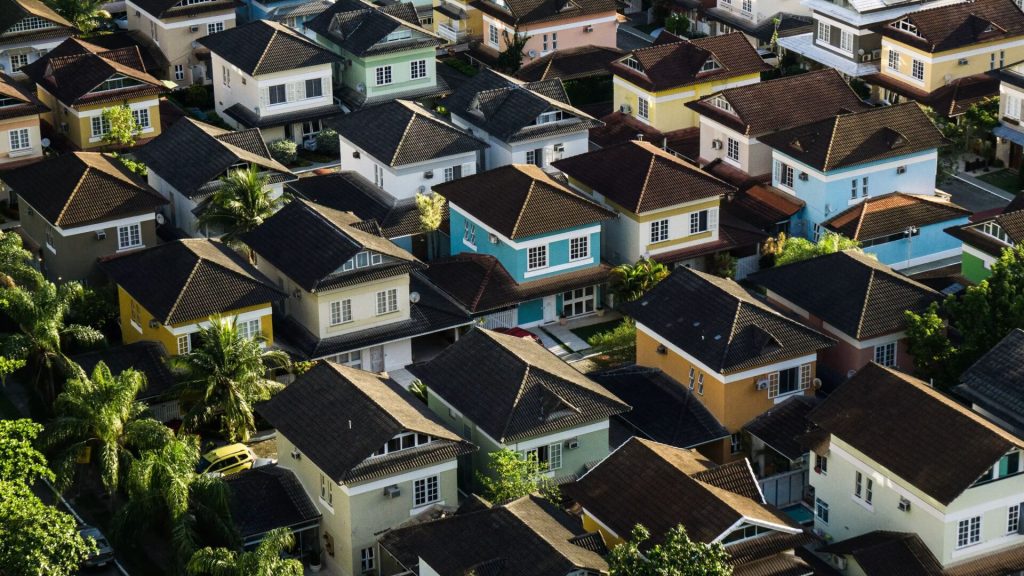
Shane Phillips, the housing initiative project manager at the UCLA Lewis Center for Regional Policy Studies, warns that the tax could reduce the number of affordable apartments built.
Research On The Real Estate Tax
Research on the impact of real estate transfer taxes on development is limited. According to Andrew Boardman of the Institute on Taxation and Economic Policy, it may take years to fully understand Measure ULA’s effect on Los Angeles’ apartment construction, if any.

While the campaign for Measure ULA promoted it as a tax on “mega-mansions” to fund affordable housing, the policy applies to most multifamily developments, office buildings, hotels, and single-family homes.
Legal Challenges Facing the Mansion Tax
The mansion tax in Los Angeles, known as Measure ULA, has faced significant legal opposition since its inception. Passed by voters in November 2022 to fund affordable housing initiatives, the Measure levies a tax on residential real estate transactions over $5 million.

According to reports, the tax went into effect in April 2023 but has only raised about $142 million so far, falling short of initial projections-the tax proceeds fund affordable housing production, homelessness prevention, and tenant protection.
Anticipated Shortcomings
Fund shortfall can be partially attributed to legal challenges against the tax. Real estate organizations argue the tax will depress the luxury home market in Los Angeles and deter investment in new multifamily housing developments.

However, proponents counter that the tax represents an innovative solution to the city’s housing crisis and homelessness epidemic. They argue the tax fairly redistributes resources by taxing high-value properties to support affordable housing and help vulnerable populations.
Revenue Generated So Far and Use of Funds
Measure ULA, Los Angeles’ mansion tax initiative approved by voters in November 2022, has generated significant funds for affordable housing.

According to data from the Los Angeles Finance Department, Measure ULA brought in nearly $14 million in revenue from real estate transactions over $5 million by November 2023. The tax applies to residential and commercial property sales and leases over $5 million.
Deterred High-End Transactions
While the revenue has been substantial, the number of real estate deals over $5 million was less than half that of October 2022, suggesting the tax may have deterred some high-end transactions. Luxury real estate professionals report that buyers and sellers have reservations about the tax.

The real estate industry has actively challenged Measure ULA in court, hoping to overturn the voter-approved initiative. Although judges have ruled in favor of the tax, appeals are still pending.
Lower Volumes Compared To The Pre-Measure ULA Levels
While transaction volumes are still below pre-Measure ULA levels, activity has rebounded as the real estate market adapts. “Life does go on; the building does continue in our city because of such high demand and the potential for high values,” according to real estate analyst Mark Somers.

Other cities facing housing affordability and homelessness crisis follow Los Angeles’s lead, with mansion tax measures approved or proposed in locations like Santa Fe, Chicago, and Seattle. However, real estate transfer taxes are not new.
Long-Term Outlook and Adaptations to the Tax
The long-term efficacy of the mansion tax in Los Angeles will depend on several factors, including adaptations to address unintended consequences and legal challenges. While the tax aims to fund affordable housing by targeting luxury home sales, it also applies to most multifamily developments, office buildings and hotels.

Experts warn this could deter new construction and ultimately reduce affordable housing. To mitigate this, the city could consider exempting first sales of multifamily units and other new developments.
Adaptation and Refinement
As the housing market and economy adapt, the city may need to refine the tax to maximize its effectiveness. Exempting new multifamily units and other developments could encourage building.

Greg Good, senior advisor to the LA Housing Department, said, “It’s not a silver bullet…But it is the closest thing to a needle-mover we’ve even come close to.” With adaptation, the mansion tax could move the needle on affordable housing in LA.
Other Cities Exploring Similar Mansion Taxes for Housing
Other cities across the United States are exploring implementing similar mansion taxes to fund affordable housing initiatives. Santa Fe, New Mexico, voters approved a tax on residential real estate sales over $1 million in November 2023, with the proceeds going toward affordable housing.

Chicago voters will vote on a comparable tax in 2024. Seattle voters largely approved increasing property taxes, raising nearly $1 billion over seven years to support low-income renters. While branded as “mansion taxes,” applying taxes on real estate transfers to fund public priorities is an established practice.
Been There Done That
Over a dozen localities, including New York City and San Francisco, already have such measures in place, according to Andrew Boardman, a policy analyst at the Institute on Taxation and Economic Policy.

Until recently, most real estate transfer taxes have operated without controversy. However, Los Angeles’ experience demonstrates these taxes can face opposition. While pitched as taxing “mega-mansions” to address affordable housing needs.





